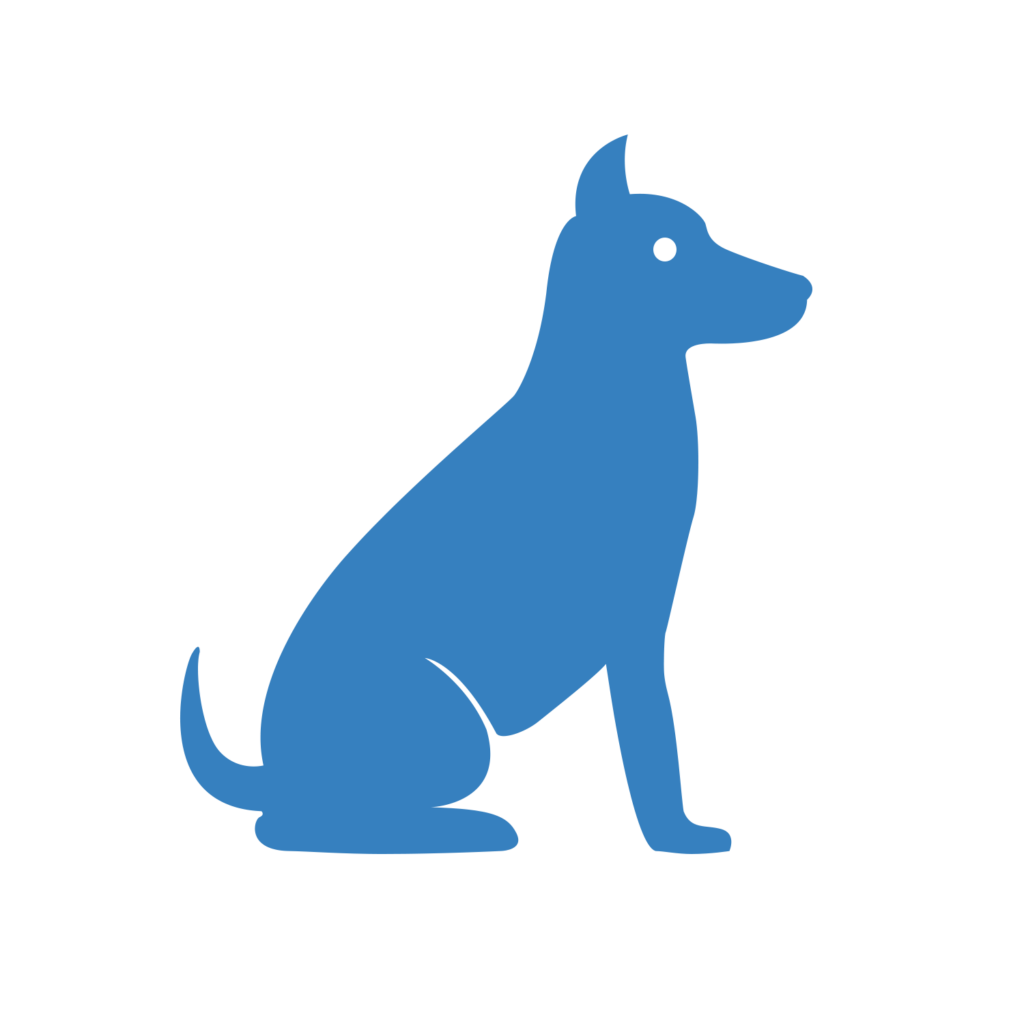

Cyclic Neutropenia
Turnaround: 3-5 business daysTurnaround: 7-10 business days
Price: $45.00Price: £40.00
Breeds: Australian Shepherd, Australian Shepherd/Border Collie, Border Collie, Border-Aussie, Bordoodle, Collie, Mixed Breed, Rough Collie, Scotch Collie, Scottish Collie, Smooth Collie, Unspecified
Description
Cyclic Neutropenia (CN) is an autosomal recessive stem cell disorder that affects both smooth and rough collies. Autosomal recessive disorders are disorders that can be passed from either parent and require two copies of the gene to show symptoms. CN is also known as Cyclic Hematopoiesis or "Gray Collie Syndrome." Dogs with CN appear visibly lighter than non-affected littermates. This is even the case in litters that have the Merle coloration.
Cyclic Neutropenia is a disease that affects the neutrophils of a dog. Neutrophils are a type of white blood cell, which are an integral part of the dog's immune system. Every 10-12 days, the dog will experience a dramatic drop in the number of neutrophils circulating through his blood stream. This leaves the dog extremely susceptible to infections. The dog will often experience diarrhea, fever, joint pain, or other symptoms associated with eye, respiratory, or skin infections. Bleeding episodes can also occur. Unfortunately, most affected dogs will die as puppies. Even with the best care, the dog will likely not live past 2-3 years of age.
Because CN is a recessive disorder, a dog must have two copies of the mutation in order for the disease to manifest. This means that a dog can have one copy of the mutation and not experience any signs or symptoms of CN. This dog would be known as a carrier. The carrier can then pass on either the normal gene or the mutated gene to any offspring. If two carriers are bred, there is a 25% per puppy that they will develop symptoms of CN.
Possible Results
| Genotype | Description |
|---|---|
| CN/CN | Affected: Dog has two copies of the mutation associated with Grey Collie Syndrome and will be affected. A mutated copy will be passed to every offspring. |
| n/CN | Carrier: Dog has one copy of the Cyclic Neutropenia mutation. The dog is not affected by Grey Collie Syndrome, but may pass this mutation on to offspring. |
| n/n | Clear: Dog is negative for mutation associated with Grey Collie Syndrome. |
Reference
Benson KF, Li FQ, Person RE, Albani D, Duan Z, Wechsler, Meade-White K, Williams K, Acland GM, Niemeyer G, Lothrop CD, Horwitz M. Mutations associated with neutropenia in dogs and humans disrupt intracellular transport of neutrophil elastase. Nat Genet. 2003 Sep;35(1):90-6. [PubMed: 12897784]